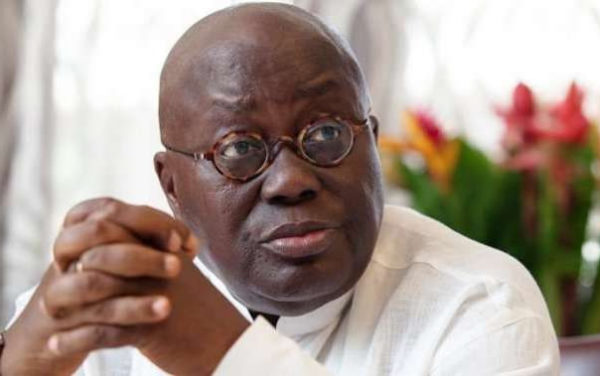In the aftermath of disputed presidential elections, the business climate in Ghana has continued to deteriorate. A trend on the rise in recent years, driven by the lack of progress and insufficient results in the fight against corruption, Nana Akufo-Addo’s flagship project. The mining sector is the most affected by repeated scandals, increasingly deterring investors and their capitals.
Once a model of stability and governance, Ghana is struggling to attract foreign investors. This is illustrated by its sharp fall in international rankings. In 2015, Ghana was ranked 70th in the World Bank Doing Business Index, in 2020, the country plummeted to 118th. The trend is similar in Transparency International’s annual Corruption Perception Index, where Ghana fell from 56th to 80th place over the same period.
Considered as very dynamic and resilient, the Ghanaian economy has yet to properly diversify. The key sectors are mining and hydrocarbons, which represent respectively 30% and 40% of the country’s exports. These sectors are particularly decisive in the preservation of the flow of foreign currency, which finances the country’s economic diversification policy.
In 2019, French media Le Point, highlighted the extent of corruption in Ghana and the deep flaws in the country’s governance. A rising trend for 71% of people living in Ghana, according to a Transparency International survey conducted over the period late 2018 to early 2019. Two years later, the trend continues to grow. Worse, it now threatens strategic parts of the country’s economy, particularly the mining and hydrocarbon sectors, both of which are affected by the growing fatigue of many international players. As scandals keep emerging, international investors are gradually losing confidence. The low risk appetite of some even leads them to leave the country in favour of other markets perceived as more stable.
Repeated scandals
While the mining sector largely drives Ghana’s exports, it is the gold industry that spearheads it. Africa’s largest gold producer, the success of gold mining in Ghana is a strategic lever to increase the country’s competitiveness in the exploitation of minerals for which Ghana still occupies a relatively discreet place such as bauxite, manganese and diamonds.
However, repeated corruption cases hamper the government’s ambitions. Affecting the highest levels of the state, these high-profile scandals generate growing mistrust among private investors and lead to costly disputes with mining operators, with great reputational and financial implications. The latest example is the case of junior Cassius Mining, which is about to start international arbitration proceedings following the government’s refusal to renew its research permit for the Gbane mine. A decision supported by the Minerals Commission jointly headed by Addae Antwi Boasiako and Martin Ayisi, close to the former Minister of Natural Resources Kwaku Asomah-Cheremeh.
Under fire from both mining operators and civil society organisation, Minister Kwaku Asomah-Cheremeh did not survive the recent cabinet reshuffle. Despite support from the Ministry of Lands and Natural Resources, the Minerals Commission is also facing criticism. These include accusations of illegal and fraudulent allocation of gold concessions on private property or the conduct of defamatory audits to put pressure on mining operators.
The oil sector faces similar issue, despite a considerable boom following the discovery of offshore oil deposits in 2019. Oil and gas operators also experience the full brunt of corrupt practices right up to the top of the government. In May 2020, online media Open Source Investigations published a report according to which Finance Minister Ken Ofori-Atta was at the heart of a blatant conflict of interest case. The minister is said to have pushed for the closing of an investment by Exxon Mobile in Ghana Oil Company (GOIL), a publicly-owned company affiliated with local companies, two of which were founded by Ken Ofori-Atta, to the detriment of Griffin Energy.
Against the backdrop of the prolonged Covid-19 crisis, growing youth unemployment and deep inequalities, Ghana’s retreat from good governance is worrying.



